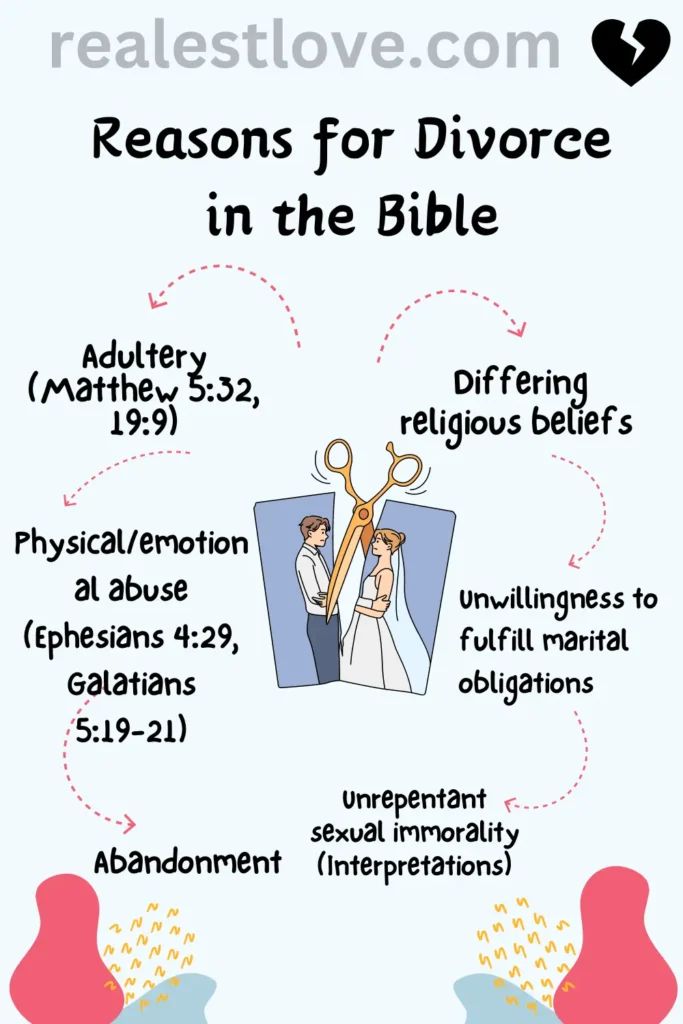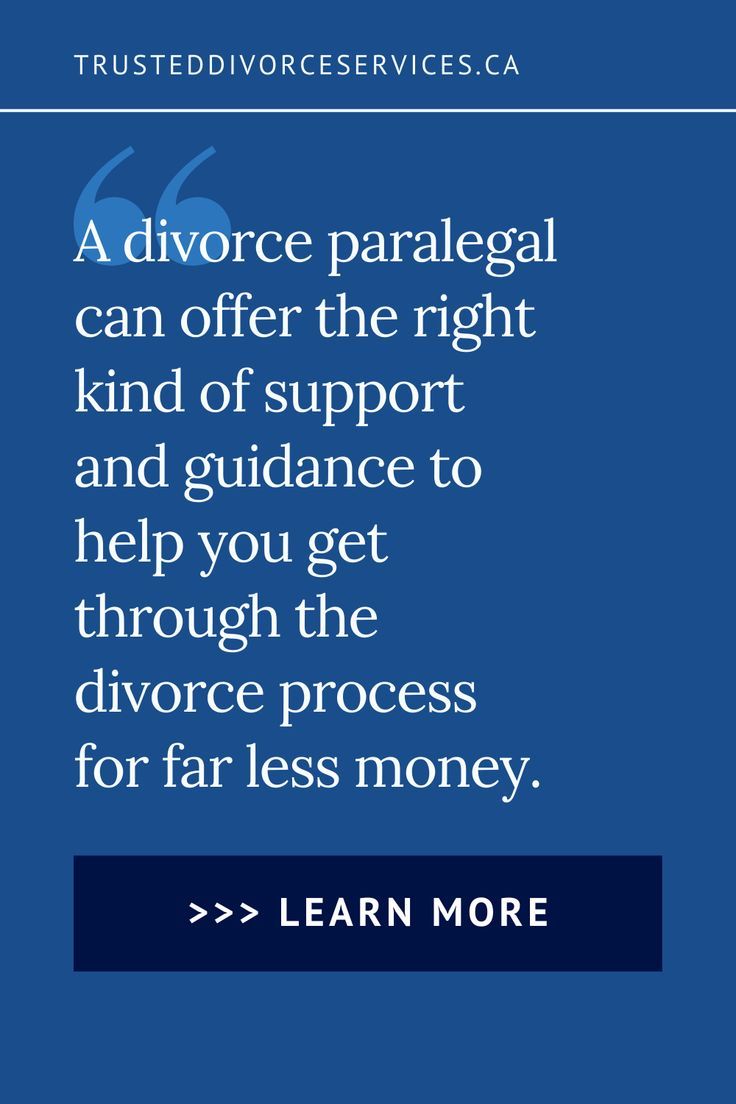Contested divorces can be emotionally and legally complex, requiring professional guidance to navigate the challenges. Hiring a divorce lawyer ensures you have an advocate who understands the law and can protect your rights. Here’s why a divorce lawyer is essential in contested divorces and how they can help achieve a fair resolution.

1. Understanding Contested Divorces
A contested divorce occurs when spouses cannot agree on one or more key issues, such as:
- Property Division: Disputes over assets, debts, and ownership rights.
- Child Custody: Conflicts regarding parental responsibilities and visitation schedules.
- Spousal Support: Disagreements about alimony amounts or duration.
2. The Role of a Divorce Lawyer
Legal Expertise:
- Provide a clear understanding of your rights and obligations.
- Explain state-specific divorce laws that may impact your case.
Case Preparation:
- Gather and organize essential documents, such as financial records and legal agreements.
- Develop a strong strategy to address contested issues.
Representation in Court:
- Advocate on your behalf during hearings and trials.
- Present evidence and arguments to support your claims.
3. Benefits of Hiring a Divorce Lawyer
- Objective Perspective: A lawyer offers impartial advice, helping you make rational decisions during emotional times.
- Efficient Resolution: Streamlines the legal process and minimizes delays.
- Negotiation Skills: Lawyers can negotiate effectively to reach a settlement that aligns with your interests.
- Access to Resources: Utilize a network of experts, such as mediators and financial advisors, to strengthen your case.
4. Challenges in Contested Divorces
Emotional Strain:
- High conflict and prolonged litigation can be overwhelming.
Legal Complexity:
- Contested divorces often involve intricate legal issues that require specialized knowledge.
Financial Implications:
- Costs can escalate due to lengthy court proceedings and expert involvement.
5. How a Divorce Lawyer Can Help
- Mediation and Settlement: Explore alternative dispute resolution methods to avoid courtroom battles.
- Evidence Gathering: Collect and present documentation to support your position.
- Strategic Guidance: Provide advice on the best course of action to achieve favorable outcomes.

6. Tips for Choosing the Right Divorce Lawyer
- Experience: Look for a lawyer with a proven track record in contested divorce cases.
- Communication Skills: Choose someone who listens to your concerns and explains complex legal terms clearly.
- Reputation: Research client reviews and testimonials to gauge reliability and professionalism.
Conclusion
Contested divorces require more than just emotional resilience—they demand expert legal support to ensure your rights are protected. A divorce lawyer provides the guidance, advocacy, and expertise needed to navigate the complexities of a contested divorce and secure a fair resolution. By hiring the right lawyer, you can face the process with confidence and focus on building a brighter future.
